Here i am doing dynamic memory allocation .But problem is that after deleting memory, the data is not removing from that block.Only first two blocks are deleting. Why ?
#include <iostream>
#include <new>
using namespace std;
int main ()
{
int i,n;
int * p;
cout << "How many numbers would you like to type? ";
cin >> i;
p= new (nothrow) int[i];
if (p == 0)
cout << "Error: memory could not be allocated";
else
{
for (n=0; n<i; n++)
{
cout << "Enter number: ";
cin >> p[n];
}
cout << "You have entered: ";
for (n=0; n<i; n++)
cout <<"Value= "<< p[n] << ",Address = "<<&p[n]<<endl;
delete p;
cout<<endl<<"After Deallocation"<<endl;
for (n=0; n<i; n++)
cout <<"Value= " <<p[n] << ",Address = "<<&p[n]<<endl;
}
return 0;
}
